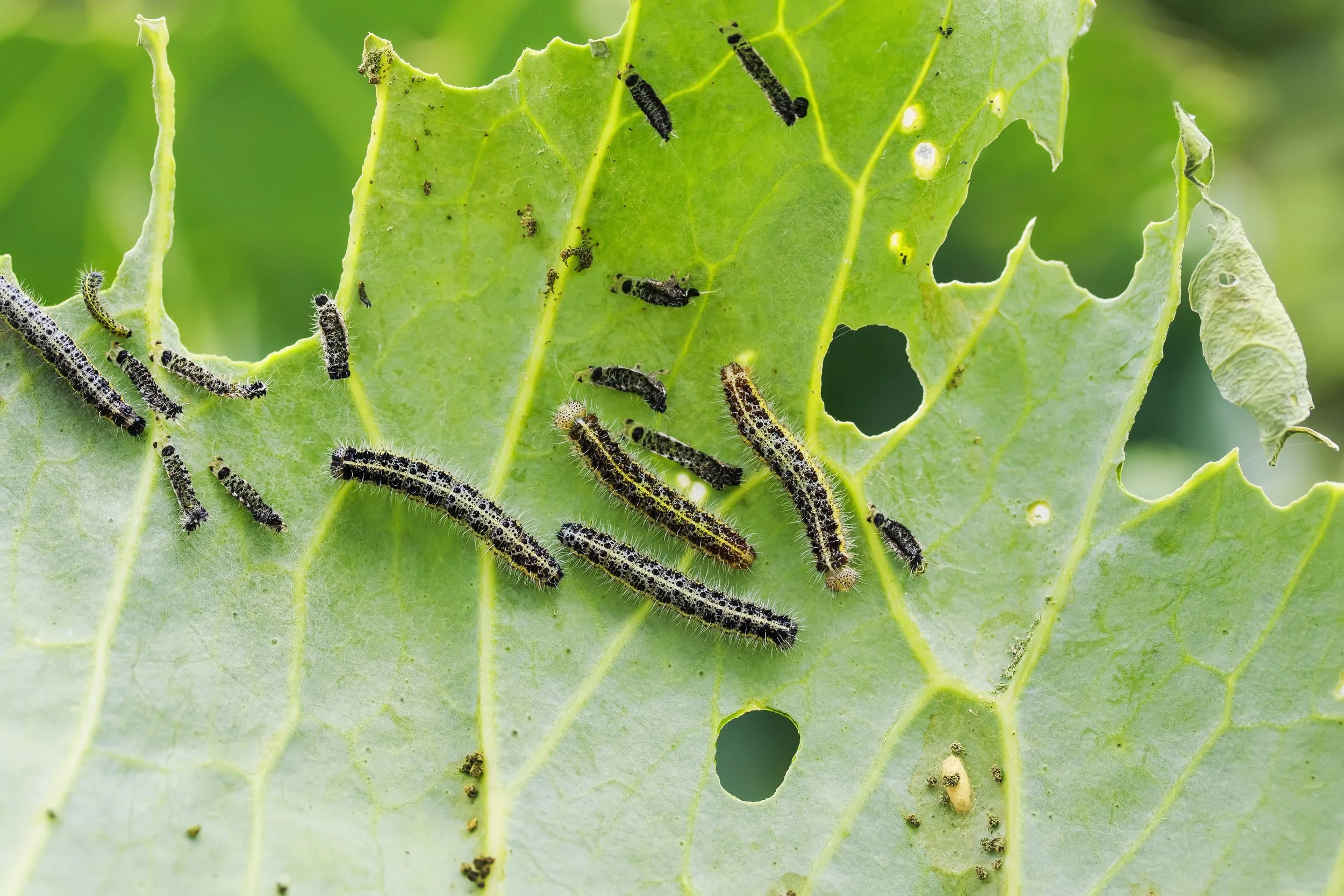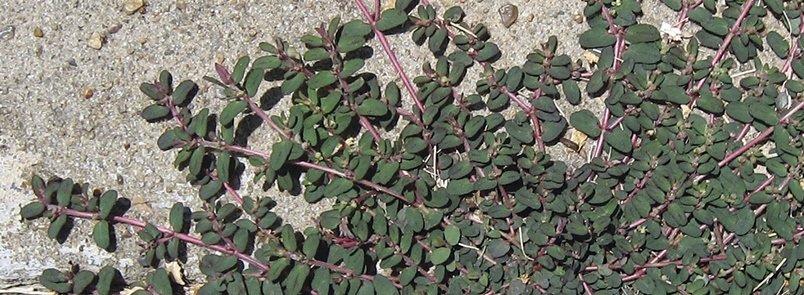5 Biggest Pests to Deal with in the Arizona Desert
Your Arizona landscaping is one of many investments you will make to your home, but only if it's protected. There are pests that can eat into assets, and some will do more harm than others. Learn how to protect your plants and home from the five biggest pests in the desert, so that you don’t have regrets!
1. Moths & Caterpillars
Moths and caterpillars are good at destroying plants by eating all their green leaves and then laying a silk covering over the plant. When they've applied silk, photosynthesis can't happen, so your plant will eventually die or at the least look dreadful.
The most common plants that moths and caterpillars attacks are the Tecoma and bougainvillea. You can spot damage to your plants when you see chewed leaves and silk webs covering your plants. When moths lay eggs and eventually become caterpillars devour the leaves and then they lay silk, these plants stop growing because they no longer receive the proper amount of sunlight.
Fortunately, you can treat moth or caterpillar damage by pruning off the affected growth and disposing of the leaves in the trash. Then, you can purchase a biological pesticide spray containing BT (bacillus thuringiensis) that kills caterpillars from the inside-out to protect your plants from father damage.
2. Spurge
Spurge are invasive weeds that look like small clovers. They quickly spread across your yard, and they are difficult to remove. You can't pull spurge like common weeds because they'll soon return if you don't pull out the main tap root.
A nonlethal spray that will kill spurge is a high concentrated vinegar spray. Once the spurge dies, you'll need to remove the dead weeds and place pre-emergent down to catch this pesky weed at the germination stage. You have the best chance of ridding your yard of this pest permanently when you follow this process.
3. Rabbits
Rabbits love to chew on the plants in your yard, especially plants and flowers with soft leaves and stems. They like to eat impatiens, morning glories, pansies, verbenas, zinnias, lilies, daisies, tulips, roses, ruellia and hibiscus.
If rabbits are targeting your yard, place mesh chicken wire around the plants they are attacking to give them some time to grow back. If you want to deter rabbits from your yard, spraying cayenne pepper on plants will keep pesky critters from eating them. It can also work if sprayed on surfaces in the area that these animals may try to eat, lick or smell.
4. Fungus
Fungus, also called Phyllosticta, mainly grows on prickly pear cacti. The fungus appears white and puffy, and it begins to cover the entire cactus pad. When this happens, the fungus inhibits the photosynthesis process, and the cactus will start to suffocate.
To rid your cactus of fungus, gently spray the fungus off with a garden hose. Then, mix a tablespoon of dishwashing soap with a bucket of water, and use this solution to rub the remainder of the fungus off your cactus.
5. Termites
Whenever you install sod, hardscape, or plants too close to your home, you create the possibility of trapping water against your house, which creates a moist environment. This moisture attracts termites and makes it easy for them to burrow into your framing, foundation, and more, which can cause serious issues.
Instead of paying to replace wood, siding, sheetrock, paint, and finished from termite infestations, try to keep the exterior of your home as dry as possible.
Choose Wildflower Desert Design as Your Backyard Design Professional
These are the recommendations that we would give you if you work with us. Want to talk plants?. If you want to bring your landscaping dreams to life, we can help by creating a professional landscape design and install plan.
Here’s how it works:
You Dream – Think Big! Let us show you your dreams.
We Design – Our 3D rendering provides a true realm of reality.
They Build – We are here to fully assist you in choosing the right contractor for the job.
For more questions about your landscaping needs, contact us at Wildflower Desert Design. Call us today for a FREE consultation!




